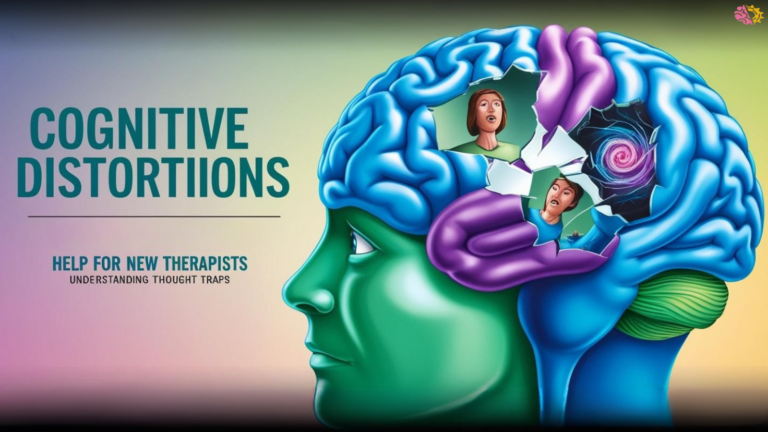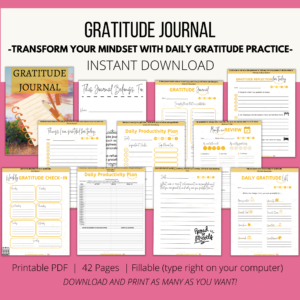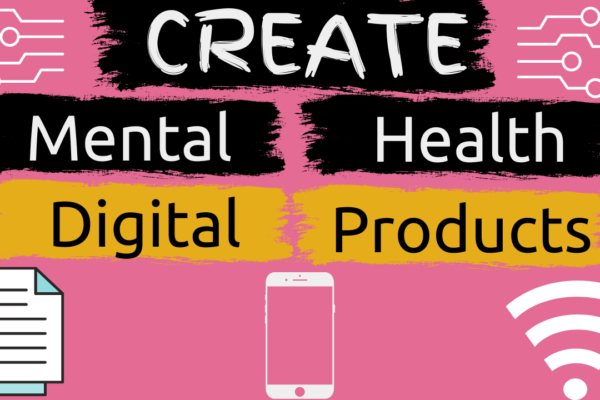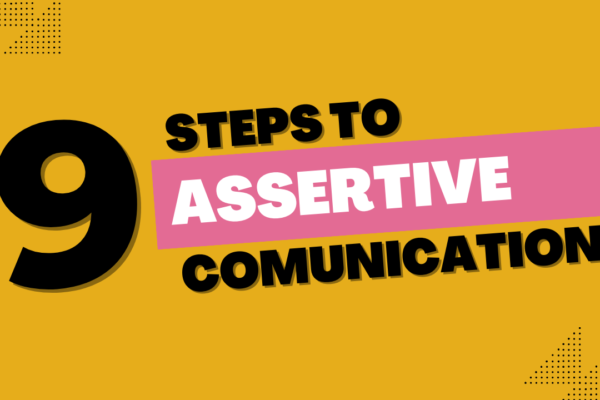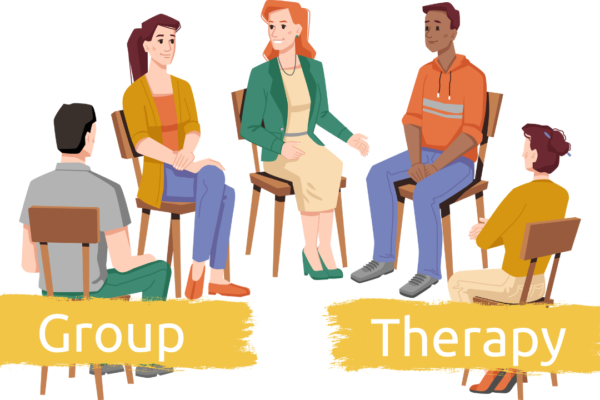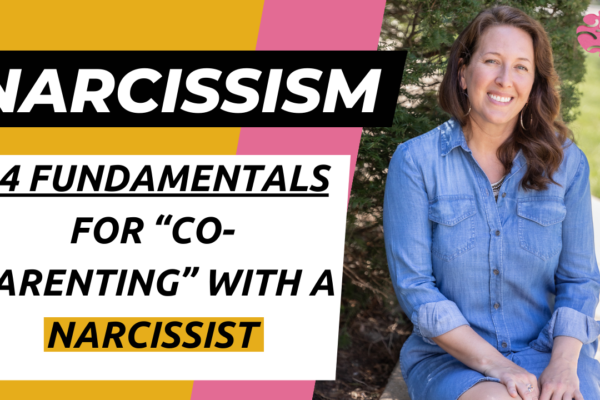Table of Contents
Understanding Cognitive Distortions: A Guide for Better Mental Health
What Are Cognitive Distortions?
Cognitive distortions are irrational thoughts that influence how we perceive the world, our emotions, and our behaviors. While it’s normal to experience these occasionally, frequent or extreme distortions can be harmful to our mental health and overall wellbeing.
Common Types of Cognitive Distortions
1. All-or-Nothing Thinking: Viewing situations in extreme, black-and-white terms without acknowledging the middle ground.
2. Overgeneralization: Drawing broad conclusions from a single incident or experience.
3. Mental Filter: Focusing solely on negative aspects while ignoring positive ones.
4. Discounting the Positive: Rejecting positive experiences by insisting they “don’t count.”
5. Jumping to Conclusions: Making negative interpretations without supporting evidence.
6. Magnification and Minimization: Exaggerating the importance of negative events while downplaying positive ones.
7. Emotional Reasoning: Assuming that because we feel a certain way, it must be true.
8. Should Statements: Using “should,” “must,” or “ought to” statements that lead to guilt and frustration.
9. Labeling: Attaching negative labels to ourselves or others based on isolated events.
10. Personalization: Taking responsibility for things outside our control.
How Cognitive Distortions Develop
– Early childhood experiences
– Traumatic events
– Cultural and social influences
– Core beliefs about ourselves, others, and the world
Impact of Cognitive Distortions
– Emotional well-being: Increased anxiety, depression, and stress
– Goal attainment: Self-doubt and fear of failure hindering progress
– Relationships: Misinterpretations leading to tension and misunderstandings
Correcting Distorted Beliefs
1. Identify negative beliefs or distortions
2. Challenge core beliefs
3. Reframe thoughts
4. Live in alignment with values
5. Shift focus from negative thoughts to positive actions
Conclusion
Addressing cognitive distortions through Cognitive Behavioral Therapy (CBT) can lead to improved mental health, better relationships, and greater success in achieving personal goals. By challenging and reshaping core beliefs and thought patterns, individuals can foster a healthier, more balanced perspective on life.
Remember: If you’re struggling with cognitive distortions, it’s always beneficial to seek help from a mental health professional who can provide personalized guidance and support.
#mentalhealth #cognitivedistortions #CBT #selfimprovement
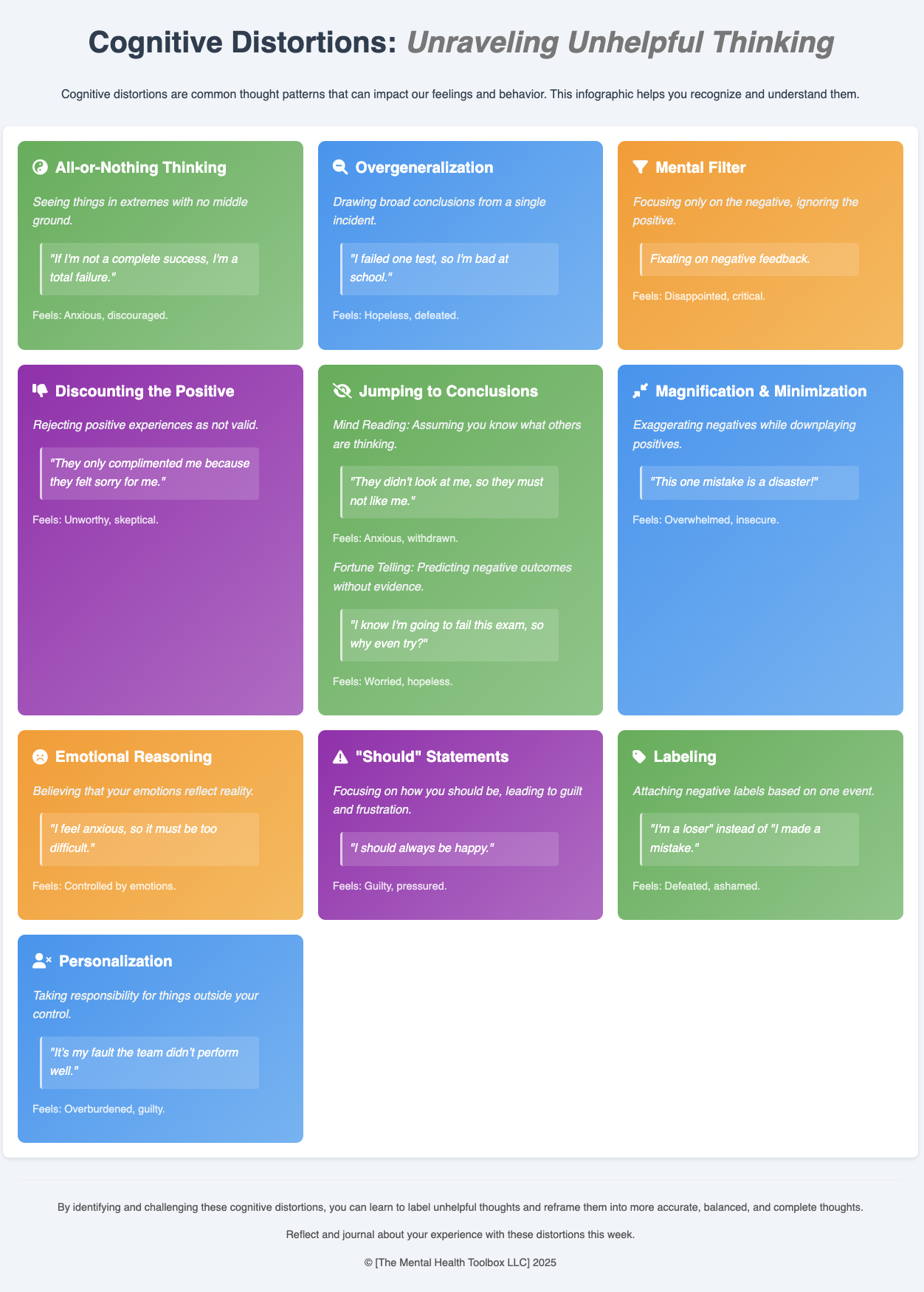
COGNITIVE DISTORTIONS HANDOUT
Are your clients sometimes caught in a cycle of negative thinking? Our Cognitive Distortions Handout offers a powerful tool to help them break free.
*Some of the links found here are affiliate links: As an Associate I earn from qualifying purchases by way of commission at no additional cost to you. See full disclaimer here:
This Episode Is Brought To You By:

Stream live to YouTube and all of your socials at once; Record your videos and podcasts; edit and post shorts and clips.
This tool is a Game-Changer for any content creator 🙌

TherapyNotes® is a complete practice management system with everything you need to manage patient records, schedule appointments, meet with patients remotely, create rich documentation, and bill insurance, right at your fingertips. Our streamlined software is accessible wherever and whenever you need it.
This tool is a MUST for any practice owner!
Watch The Interview
If you liked this episode, be sure to check out my full playlist of interviews here: https://youtube.com/playlist?list=PLnPL9gahfhWatKmy2YSyU0jt20h_jrj3H
Listen To The Interview
*Some of the links are affiliate links: As an Associate I earn from qualifying purchases by way of commission at no additional cost to you.
Want to learn more? Check out my top picks for books on self-improvement and recovery HERE!
The Mental Health Toolbox: Resources and Support for Therapists Seeking Growth & Impact.
Mission Statement: To equip therapists with the tools, knowledge, and strategies they need to enhance their practice, boost their income, and ultimately, improve the lives of their clients. We achieve this through accessible, high-quality content, practical resources, and a supportive community.
NEED CRISIS HELP? If you need immediate crisis help with your depression, you can call the National Suicide Prevention Lifeline at 1-800-273-8255 or text “START” to 741-741
OUTSIDE THE UNITED STATES: See International Suicide Hotlines
WHERE TO FIND MENTAL HEALTH HELP:
-NAMI Referral Helpline: 1-800-950-6264
-California’s Statewide Mental Health Helpline: 1-855-845-7415
ASK: If you have a question you’d like me to answer here on the blog (even if you think it’s a silly one!), please use the form on the CONTACT ME page, or the comment section below. I would be happy to take a poke at it and provide a long form answer when appropriate.
SHARE: Also, be sure to share it with a friend, as there is still a lot of work to be done in raising mental health awareness.
SUBSCRIBE to get your FREE MOOD TRACKING TOOL and quick Mental Health Hacks in addition to this newsletter. Sign-up with the form below.
[mc4wp_form id=”142″]
admin
Latest posts by admin (see all)
- How to Build a Referral Engine Without the “Hustle”: - January 12, 2026
- ADHD Tips for Therapists | with Dr. Jennifer Dall - May 28, 2025
- Why Therapy Fails Men (And How to Fix It) – Insights with Marc Azoulay - May 11, 2025

